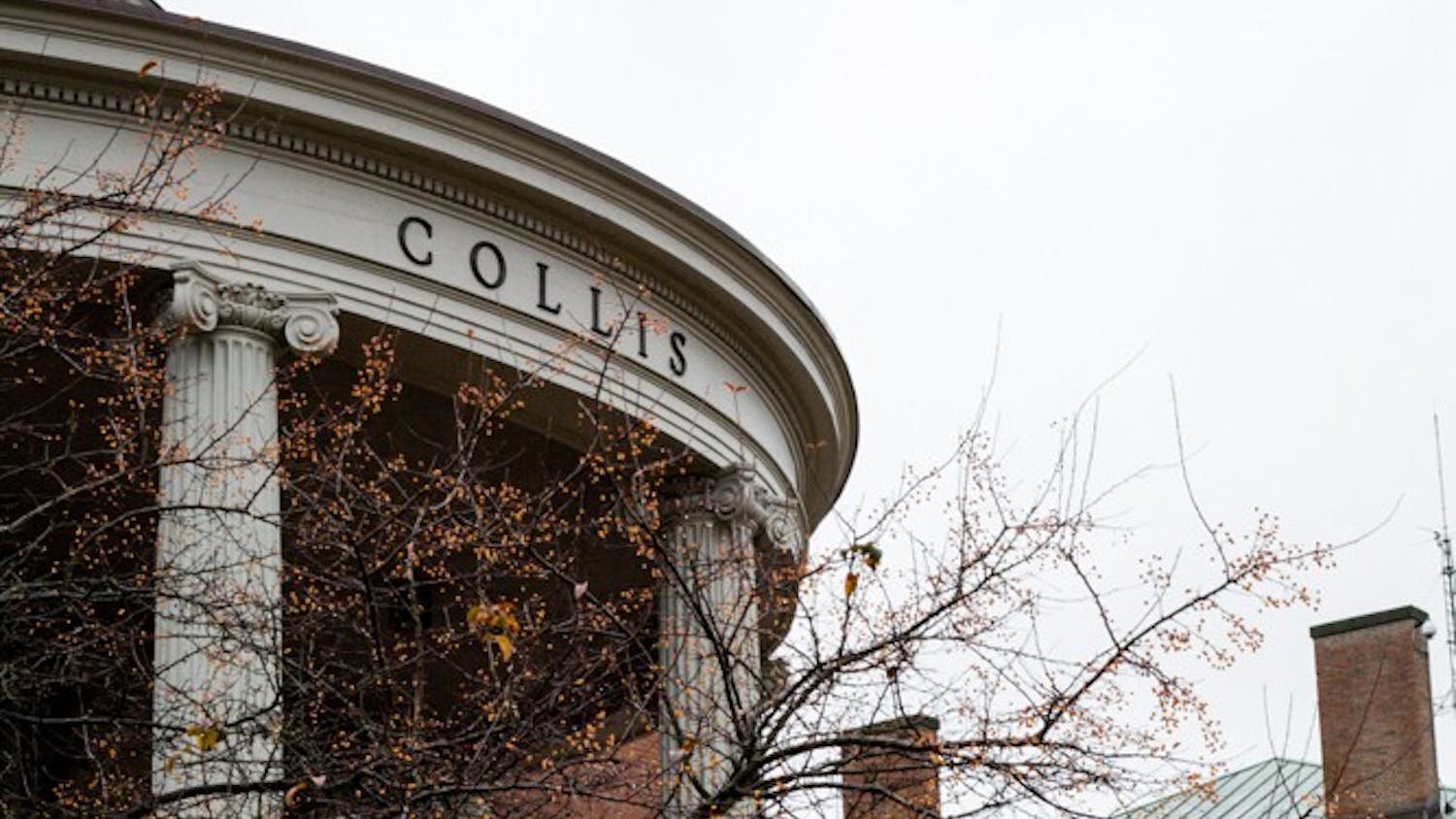Even before official petitions have been submitted, likely candidates have already commenced informal campaigning in the race to become Student Body President in the April 19-20 elections. Voting rules have changed since last year's tumultuous campus-wide elections and the campaign playing field will look slightly different for the contenders this spring.
Juniors Paul Heintz, Mats Lemberger, Brian Martin, Noah Riner and Ben Waters all confirmed their intentions to run for Student Body President. They will become official candidates once their 100-signature petitions, due Tuesday, are accepted by the Elections Planning and Advisory Committee, the body running the election.
Current Student Body Vice President Todd Rabkin Golden '06 said he has been giving "some serious thought" to a run.
"Most likely," he said, "I'll be turning in a petition."
Changes in this year's voting rules may help keep the tone of the race positive, in contrast to last year's emotionally charged election.
For the first time, the Student Body President and Vice President will be elected through instant run-off voting, in which voters will be asked to rank their preferences for each office. If no candidate receives a majority of first-choice votes, those who voted for the last-place candidate will have their votes reallocated to their second-choice candidate and so on, until one candidate emerges with a majority.
In last year's hotly contested elections, which boasted the highest voter turnout in recent memory, current Assembly President Julia Hildreth '05 defeated Ralph Davies '05 by a single vote.
According to EPAC head David Hankins '05, the new system helps reduce the odds that a candidate will win with a bare plurality, which could be as low as 18 percent of the vote in a five- or six-man race. Hankins, who championed the system in the winter, said he thinks instant run-off voting could contribute to a cleaner race.
"Hopefully it'll increase the sense that all these candidates are working for the same goal of making Dartmouth better, rather than it being real personal," Hankins said, adding that voters should be informed on all of the candidates' positions because they will have the opportunity to rank them instead of voting for one candidate.
Controversy erupted last spring when Hildreth's campaign came under scrutiny after a supporter's BlitzMail account was hacked into and used to send mass BlitzMail messages endorsing Hildreth, violating election rules.
"In the aftermath of last year's very heated and angry election, I think a lot of people are reluctant to get involved too personally," Martin said.
Most of the candidates said relations between this year's competitors are friendly.
"I'm friends with several of them," Martin said of his fellow candidates. "I consider Paul Heintz a friend, and I worked with Noah Riner in [Student Assembly]."
Riner said he expects the election to be unusual because of the overlap of social circles. He said, "it's going to be a friendlier race because people don't want to be nasty to their friends even though they might support one person as their number one choice."
For the candidates, the politicking has already started in fraternity basements, at sports events and dining halls across campus, where they have been assembling campaign teams and chatting up potential supporters.
Waters said that he and Heintz attempted to coax one another into dropping out of the race earlier last week in a fraternity basement by offering each other Assembly leadership positions.
"I had a riveting discussion with Paul Heintz at [Alpha Delta fraternity] on Monday at 3 a.m.," said Waters, adding that he and Heintz have "become friends recently, and both of us are looking forward to the election just as much as everyone else."
Although Heintz said he had no recollection of offering or being offered a leadership slot for dropping out of the race, he said, "It can be a little bit awkward. There's always room for awkwardness. But I'm an extremely awkward person."



